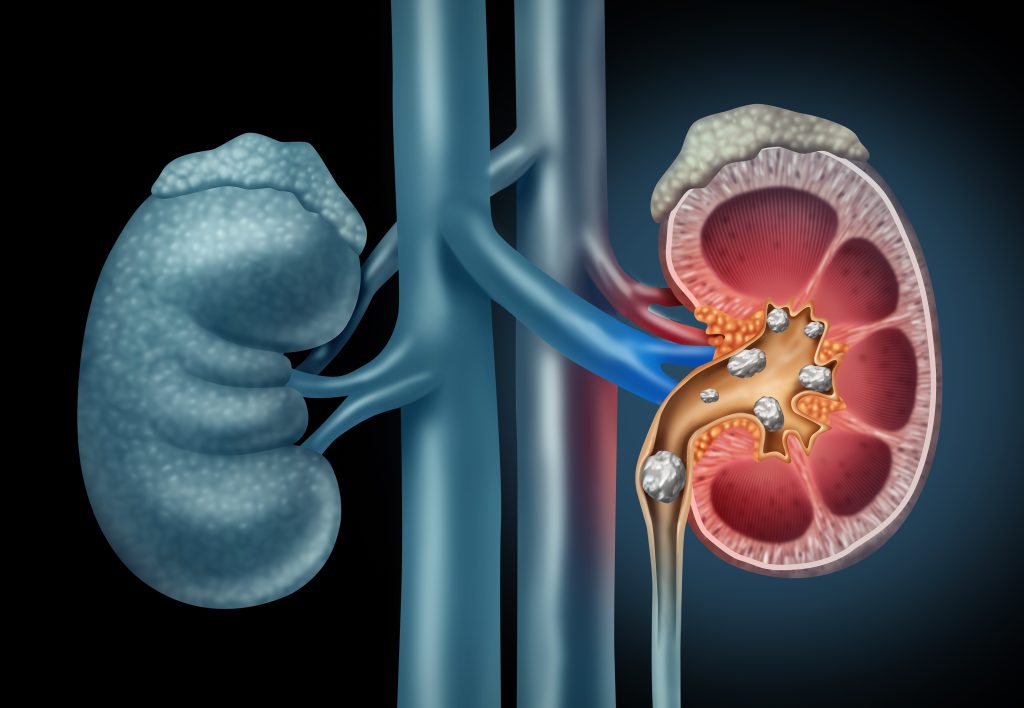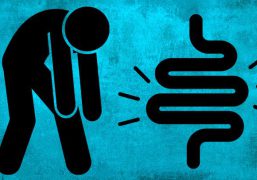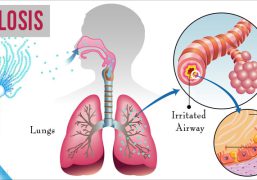Kidney stones
Kidney stones are hard mineral deposits that form in the kidneys and can cause severe pain as they pass through the urinary tract. Kidney stones can vary in size from a grain of sand to a golf ball, and they can be made up of different types of minerals, including calcium, oxalate, and uric acid.
The symptoms of kidney stones can include:
- Severe pain in the back, side, or lower abdomen
- Painful urination
- Urinary urgency or frequency
- Blood in the urine
- Nausea and vomiting
- Fever and chills (in severe cases)
The causes of kidney stones can vary, but they are often the result of dehydration, a diet high in salt or animal protein, or certain medical conditions that affect the urinary tract or metabolism. Certain medications, such as diuretics, can also increase the risk of kidney stone formation.
Treatment for kidney stones depends on the size and location of the stone, as well as the severity of symptoms. In many cases, smaller stones can pass on their own with the help of pain medication and increased fluid intake. Larger stones may require intervention, such as extracorporeal shock wave lithotripsy (ESWL), a procedure that uses shock waves to break up the stone, or ureteroscopy, a minimally invasive procedure that uses a small scope to remove the stone.
Prevention of kidney stones typically involves lifestyle changes, such as increasing fluid intake, reducing salt and animal protein in the diet, and taking medication to manage underlying medical conditions that increase the risk of stone formation. It is important to seek medical attention if you are experiencing symptoms of kidney stones, as they can be a sign of a more serious underlying condition.






